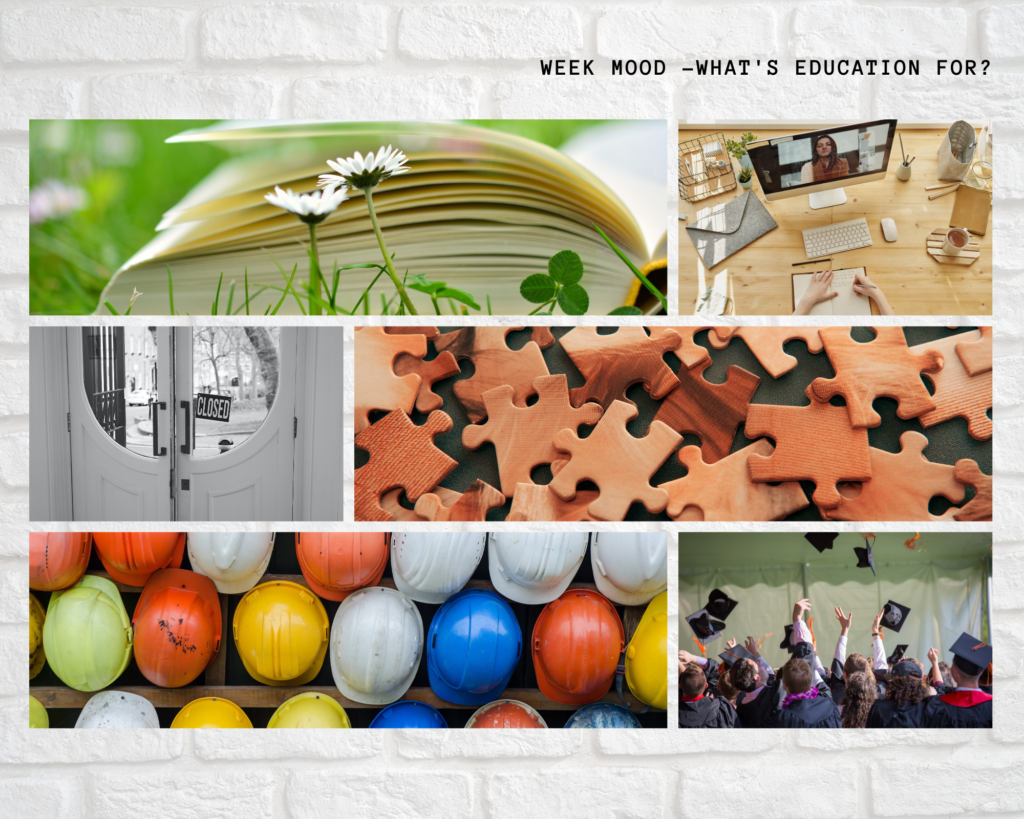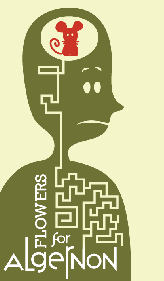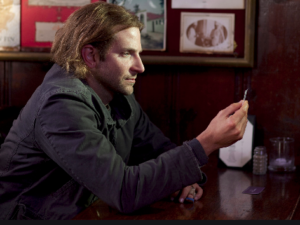Today we are celebrating “La castanyada” a Catalan tradition. The translation would be something like “The chestnut party”. Like other regions, countries and cultures today and tomorrow are important days to celebrate: Halloween, El dia de los muertos, Samhain or Todos los santos.
In Catalonia we have our particular party to celebrate the Autumn and be warm. Like any other celebration food it is so important, and we eat cooked chestnuts and Panellets. You can buy panellets, but the best ones are the ones you make at home. We could say that each family has its own recipe and bake the favourite flavours. The traditional ones are made of pine nuts, almond, coconut or lemon, but nowadays you can find so many different ones and everyone will tell you that theirs ARE the original ones!
This year, I have made panellets with my son for the first time, he is only one and I was sure that making panallets would be difficult, but I wanted him to participate at his level and get familiar with the tradition.
Two weeks ago we went to the library and took some books that talk about chestnuts, La castanyada and La castanyera (traditionally an old woman who sells chestnuts and baked sweet potato), and of course a book about panellets. We have been reading and observing the books for the last two weeks, singing songs about this party and getting familiar with all the elements.
Finally, yesterday was the big moment, the moment where we are ready to make panellets and let them ready to eat today. As I said, I knew Blai was too young to follow the whole process, so I adapted the way he will be involved. I considered his materials, the ingredients he was using, the place where he will be placed and what I would be doing. I actually, spent a lot of time thinking WHERE he would be doing the panallets. And of course, I related all the process to this week’s topic.
I thought that all of this was a great metaphor of a learning space. Starting from the concept I had in mind, how I planned the information, how I prepared the space to do the activity and selected the materials and the final moment: where Blai connects all the dots and realises what we are doing!
This blog reflexes my opinion about education, and as a reader, you know that I think that learning can happen everywhere, not only with a very directed instructor, and I believe in promoting daily activities and make connections from there. However, I recognise when I consider a “learning space” I think in a specific time-space. I think in a specific goal, at least a specific concept/idea. What is a learning space then, shared space and time? Is the environment that, as teachers, we recreate in order to guide students to conquer the concept we had in mind? In my case, I think the learning space are all the steps I have taken (going to the library, reading the books, signing the songs, buying ingredients together, prepare the materials, etc… ) in order to have this “aha” moment where my son listens “panellets” and looks at the camera making the sign I have been doing every single day for the last two weeks. So, learning space are all the elements we use and recreate in order to help students to get to our idea/knowledge?





 For Bayne is important to define “enhancement”, what is the real meaning? I found this very important and the key question. First of all we need a definition agreement, if not discussion is quite useless. I found common to start a discussion where the subject of the discussion is not well defined and people have different understanding. What do we mean when we are talking of enhancement education? Making it better? what’s better? Better as a definition of making easier for more people? or faster? more equitable? better in terms that everyone can achieve similar goals?
For Bayne is important to define “enhancement”, what is the real meaning? I found this very important and the key question. First of all we need a definition agreement, if not discussion is quite useless. I found common to start a discussion where the subject of the discussion is not well defined and people have different understanding. What do we mean when we are talking of enhancement education? Making it better? what’s better? Better as a definition of making easier for more people? or faster? more equitable? better in terms that everyone can achieve similar goals?
Thanks for transforming my impostor syndrome to something interesting and worthy to connect with the programme! , I have been thinking about your comment on my “In a rush!” post.
“Perhaps it’s a feature of online and predominantly asynchronous learning, however, I wonder whether it is easier to get the feeling that everyone is more productive? Is it may be the case that you’ll notice other members of the group who are posting more regularly, but without knowing what is happening in their blogs or whether they have circumstances that particularly allow them to do more reading, and so on?”